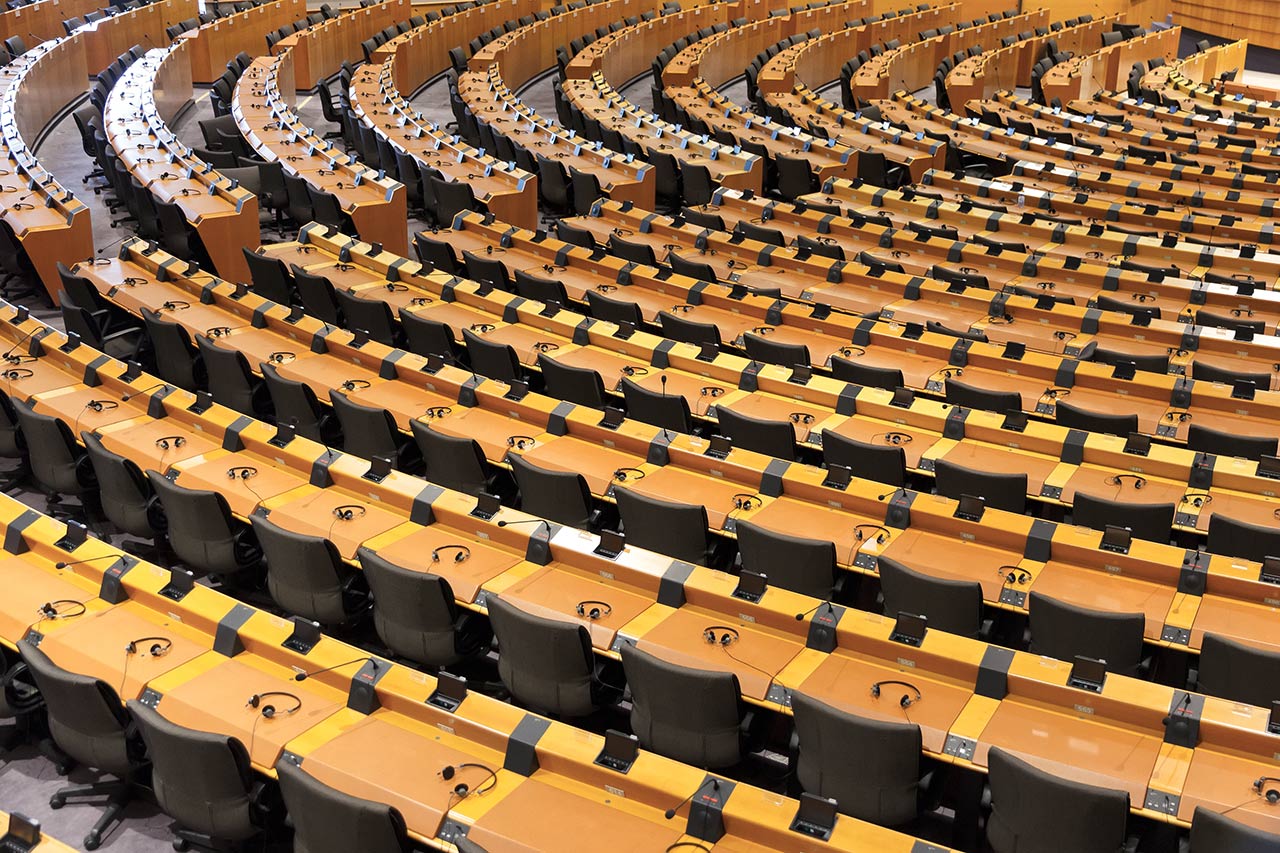Does globalisation make it easier or more difficult to keep countries secure
The potential effects of globalisation
Question
Does the rise of globalisation make it easier or more difficult to keep countries secure
Answer
Economic and political changes are happening, makes it difficult to predict what the future holds for each respectively. As it has been noted from the recent past, globalisation can create ethnic and social tension and many ethnic disputes arise between civilians and escalate quickly, lasting for long periods of time (UNRISD, 1995). Media coverage of such disputes has lifted the veil and has provided for a platform where such battles are much more visible than ever before, with ‘fears that the conflicts would spill across national frontiers…where intervention… has often achieved only a premature or unstable peace, with conflict threatening to re-erupt at any time’ (UNRISD, 1995:8).
The acceleration of globalisation has brought forward differences in cultural preferences, ethnic segregation, instead of integration, which almost inevitably leads to conflict and disputes with the local population as their own cultural identity is threatened and being imposed upon (Kay, 2012). The trade of more developed countries is also uncertain and unstable due to a global system of unrestrained competition where ideally similar economies should be trading together, instead of the increased and encouraged inclusion of underdeveloped countries in this (Kay, 2012). Briefly, globalisation is thus increasingly seen as a genuine threat to political, economic, social and cultural security.
References
UNRISD. (1995). States of Disarray: The Social Effects of Globalization. London
C Kay. (2012). Globalization, Competitiveness and Human Security. Cavendish: Routledge
